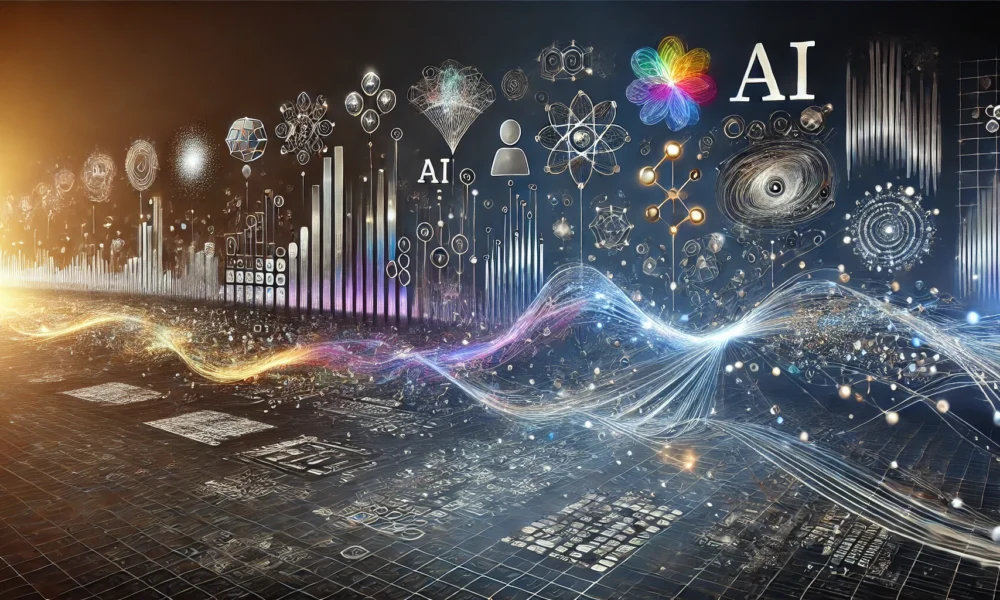The Revolution of Language Models: From LLMs to LCMs
In recent years, large language models (LLMs) have shown tremendous progress in various language-related tasks. However, a new architecture known as Large Concept Models (LCMs) is transforming AI by focusing on entire concepts rather than individual words.
Enhancing Language Understanding with Large Concept Models
Explore the transition from LLMs to LCMs and understand how these models are revolutionizing the way AI comprehends and generates language.
The Power of Large Concept Models
Discover the key benefits of LCMs, including global context awareness, hierarchical planning, language-agnostic understanding, and enhanced abstract reasoning.
Challenges and Future Directions in LCM Research
Learn about the challenges LCMs face, such as computational costs and interpretability issues, as well as the future advancements and potential of LCM research.
The Future of AI: Hybrid Models and Real-World Applications
Discover how hybrid models combining LLMs and LCMs could revolutionize AI systems, making them more intelligent, adaptable, and efficient for a wide range of applications.
-
What is a concept model?
A concept model is a large-scale language model that goes beyond traditional word-based models by representing words as structured concepts connected to other related concepts. This allows for a more nuanced understanding and generation of language. -
How do concept models differ from traditional word-based models?
Concept models differ from traditional word-based models in that they capture the relationships between words and concepts, allowing for a deeper understanding of language. This can lead to more accurate and contextually relevant language understanding and generation. -
How are concept models redefining language understanding and generation?
Concept models are redefining language understanding and generation by enabling more advanced natural language processing tasks, such as sentiment analysis, text summarization, and language translation. By incorporating a richer representation of language through concepts, these models can better capture the nuances and complexities of human communication. -
What are some practical applications of concept models?
Concept models have a wide range of practical applications, including chatbots, virtual assistants, search engines, and content recommendation systems. These models can also be used for sentiment analysis, document classification, and data visualization, among other tasks. - Are concept models limited to specific languages or domains?
Concept models can be trained on data from any language or domain, making them versatile tools for natural language processing tasks across different contexts. By capturing the underlying concepts of language, these models can be adapted to various languages and domains to improve language understanding and generation.
Related posts:
- The Impact of Agentic AI: How Large Language Models Are Influencing the Evolution of Autonomous Agents
- Empowering Large Language Models for Real-World Problem Solving through DeepMind’s Mind Evolution
- The Rise of Self-Reflection in AI: How Large Language Models Are Utilizing Personal Insights for Evolution
- Unveiling the Unseen Dangers of DeepSeek R1: The Evolution of Large Language Models towards Unfathomable Reasoning


No comment yet, add your voice below!